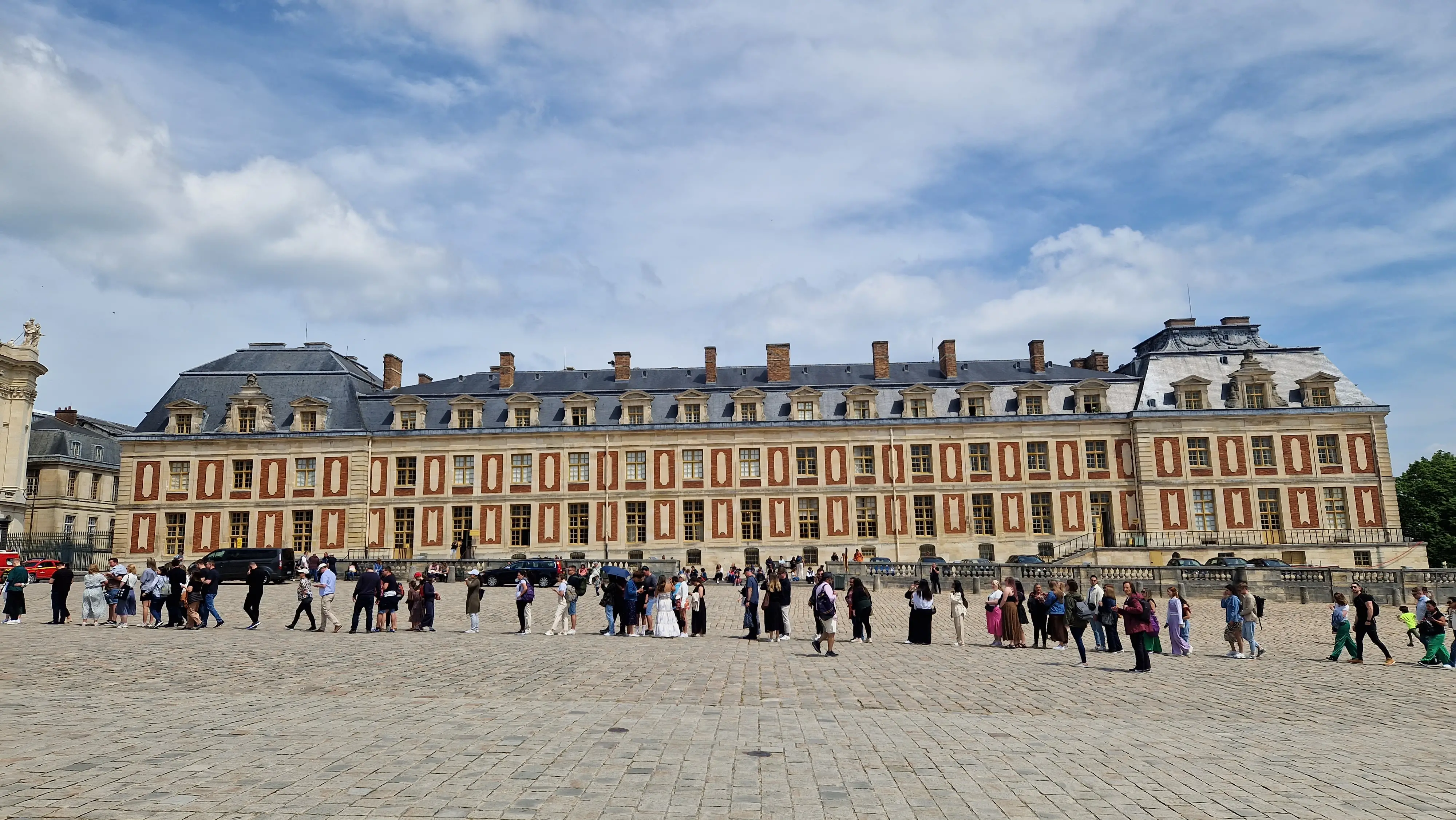AI legal protection for musicians in Tennessee

New law introduces restrictions on the use of artists' voices without their consent
According to The Guardian, the governor of Tennessee, USA, Bill Lee, has signed a law that aims to protect the rights of songwriters, performers, and other music industry professionals from potential threats posed by the use of artificial intelligence. The move makes Tennessee the first state in the U.S. to introduce such measures, given its importance in the country music world and as the launching point for many music legends.
"Tennessee employs more people in the music industry than any other state. Artists have intellectual property, they have talent, they have uniqueness that belongs only to them, not to artificial intelligence," Lee said.
The law, which goes into effect July 1, prohibits AI tools from reproducing an artist's voice without their consent.
Tennessee becomes one of three states where names, photos and images are owned. Under the new statute, called the "Likeness, Voice, and Image Enforcement Act," or "Elvis Act," voice is now added to the list. However, it remains to be seen how effective this legislation will be for artists seeking to protect their works from being reproduced by AI without their permission.
Many Tennessee musicians have expressed concern about the rapid development of AI technology.
"Something comes to my phone and I can't tell it's not me," said country singer Luke Bryan.
He adds that this is already becoming a real problem and hopes the new law will help curb it.
The idea of naming the law after Elvis Presley was chosen not only as a way to honor one of the state's most famous residents, but also because of the controversial legal battle that followed his death in 1977 over the unauthorized use of his name and image. In 1984, the Tennessee legislature passed the Personal Rights Protection Act, which ensured that personal rights do not cease upon death and can be transferred to others.












